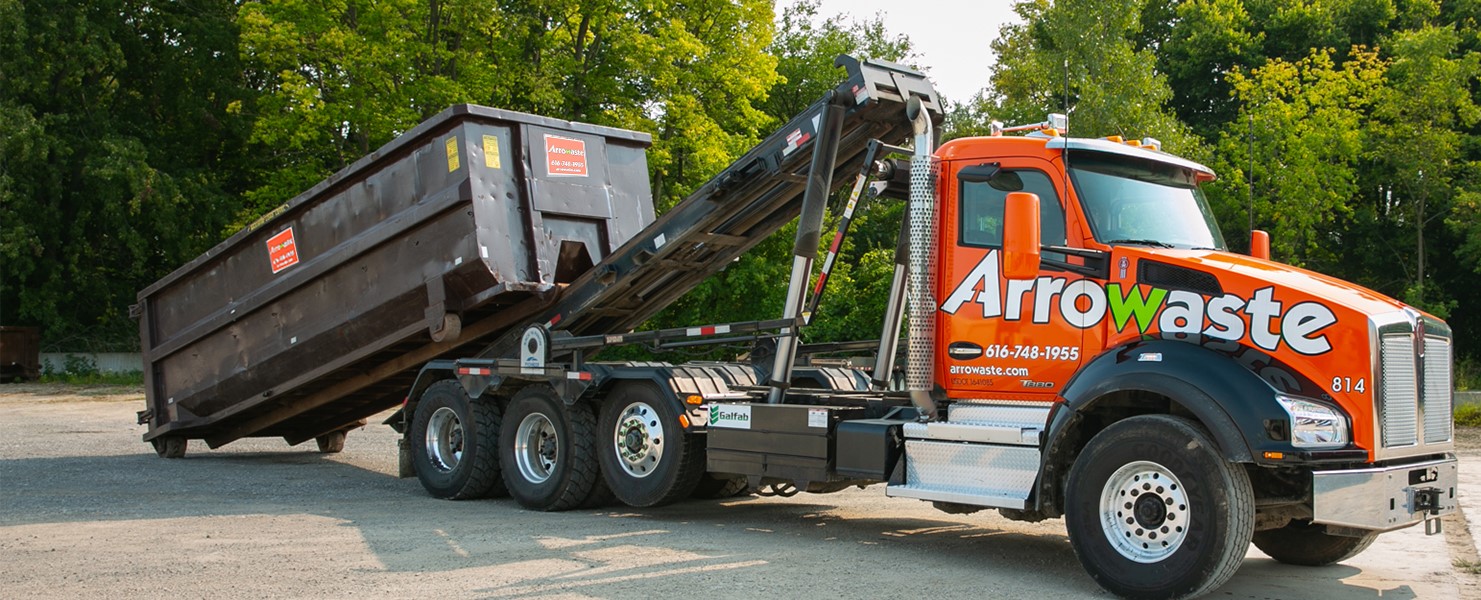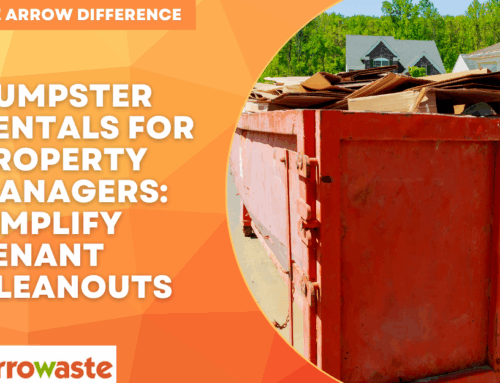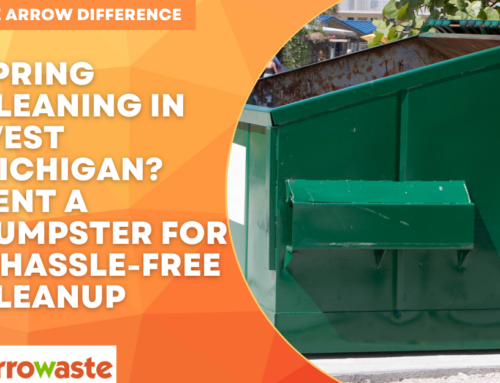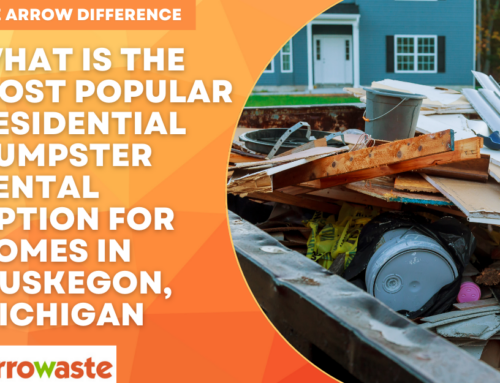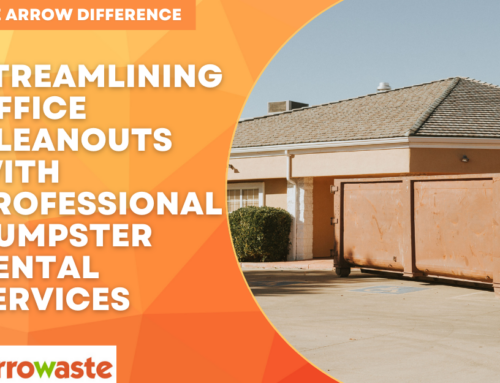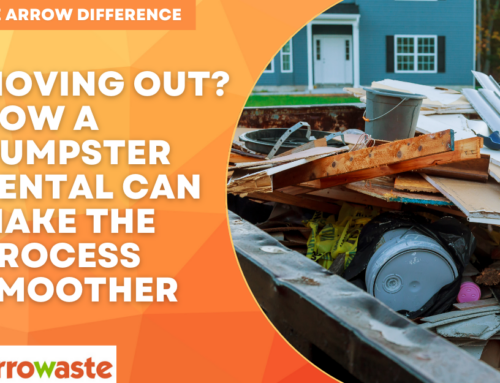Every day of the year, the average American creates four pounds of trash that calls for disposal. While that does not seem like a significant amount, it does add up. For example, the total amount of garbage generated by the population in 2013 alone was 254 million tons. While creating trash is easy, disposing of it is another thing altogether. Some of it is recycled while the vast majority of it is permanently disposed of.
For the average American homeowner or business, renting a dumpster is necessary to manage their waste. But how do you choose the right dumpster? The following article looks at this and more insights you need to know before you rent a dumpster.
1. Assess Your Needs with a Waste Audit
Do you understand your home’s or firm’s waste profile? You can’t pick the right type of dumpster unless you know the kind of waste you generate and what you need to eliminate it rightly. There are various types of dumpsters such as open top, roll off, rear loading dumpsters, and compactors.
A professional assessment of your waste needs can help you accurately determine the right waste management solution for your home or business. Consequently, you will end up renting a dumpster that works perfectly for you.
2. Know What You Can Dispose Of
You can dispose of anything in your dumpster, right? Despite what many people think, that is not the case. The law places limits on what you can take out via a dumpster and familiarizing yourself with these requirements will help you avoid any potential legal complications.
When you are renting a dumpster, you need to know that you can’t use it to get rid of hazardous materials. While you might think you don’t have any such materials, you should realize that if there’s wet paint or even motor oil in your garbage, then you are disposing of hazardous materials.
If you want to throw certain big appliances into the dumpster, you will have to reconsider that as its not legal. Certain chemicals such as Freon also can’t be disposed of using a dumpster. Fluorescent tubes also fall in this category.
3. Watch the Weight
Whenever you are renting a dumpster, you will always get its weight specifications. If you know your garbage will consist of heavy items such as bricks, tiles, concrete and the like, then this is especially critical to note. Once you exceed the dumpster’s weight limit, you will receive extra charges which will drive your overall trash removal cost up.
4. Select and Prepare the Location
Before you can go out and rent a dumpster, you need to identify the best place to locate it. The amount of space you will need to set aside will, in part, depend on the size and type of dumpster you plan to use. For example, if you plan on renting a 40-yard roll off dumpster, you must factor in its vast size. As such, a small driveway will not be the most suitable place to put it.
Apart from the size of the dumpster, you also need to factor in the convenience of the location. Ideally, you ought to situate your dumpster as close as possible to your office or home. That way, getting rid of items will be easy, especially when you are disposing of bulky items.
Once you identify a suitable location, ensure you prepare the space adequately. If it is your driveway, remove any toys, vehicles, and other items that might block the area. Remove any obstacles above the dumpster’s site, such as overhanging branches and watch out for power lines as well.
You should also factor in the kind of drainage present in the area where you want to set the dumpster. The site should also be on level ground to avoid some of the garbage inadvertently falling off.
Individually and corporately, the American population generates a significant amount of trash. For many people and companies, renting a dumpster is an essential utility for proper waste management. Understand the kind of trash you generate and the right type of dumpster for it to develop the best waste solution for your needs.

